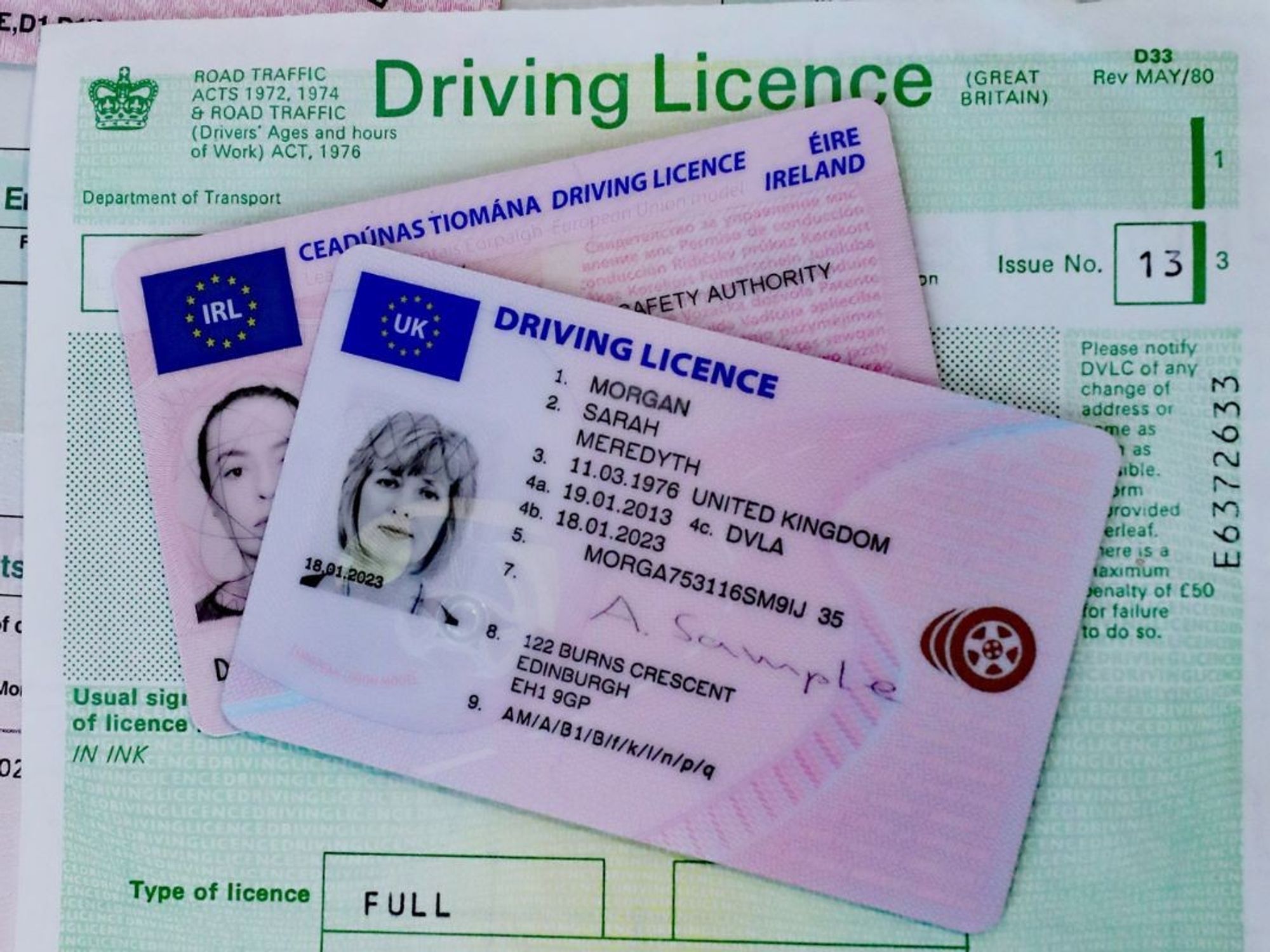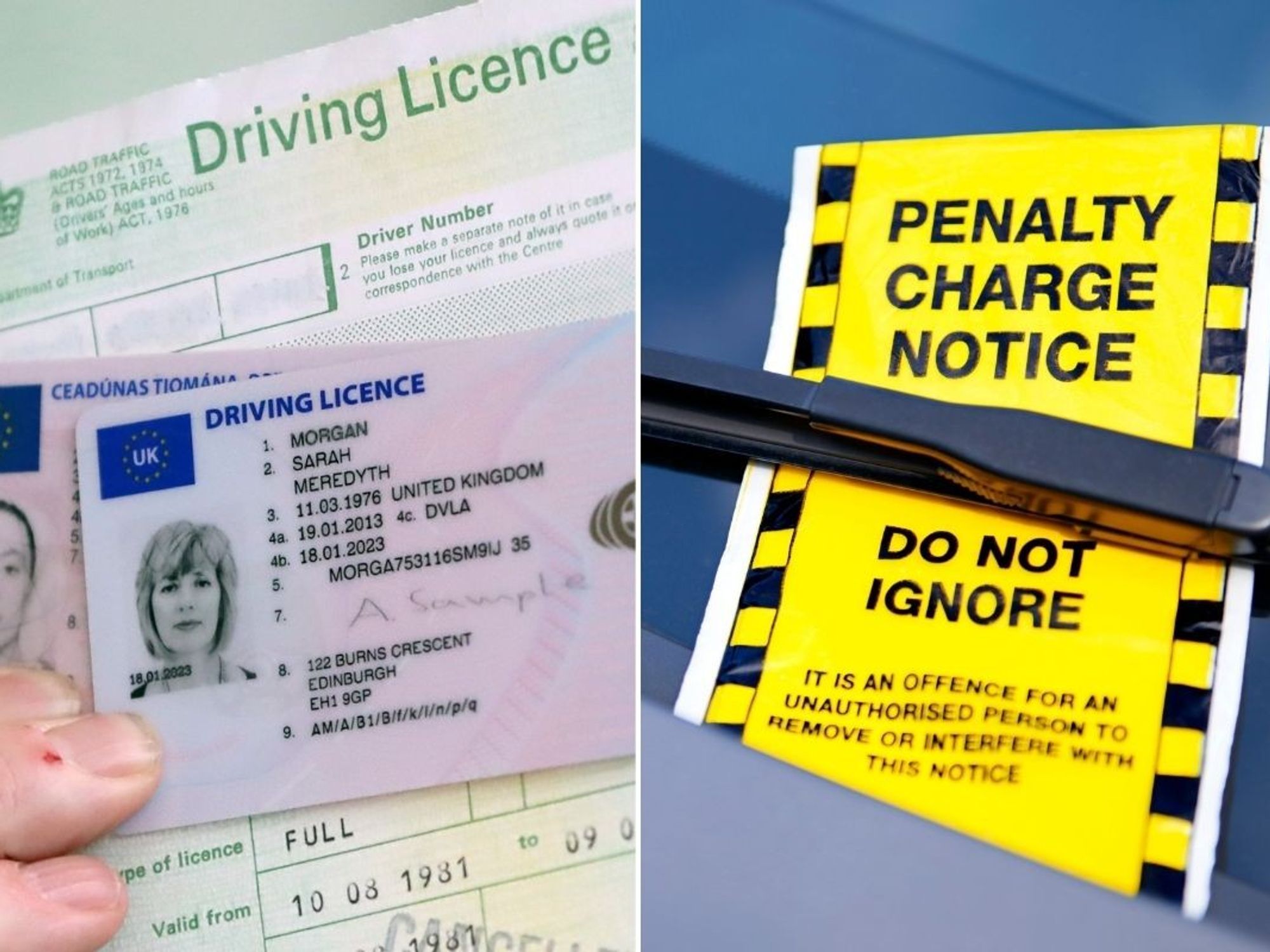"Political bias in handling riots and protests has long-term consequences," says Sally-Ann Hart
PA/ Getty
Former Conservative MP Sally-Ann Hart says 'judicial decisions are being based increasingly on politics rather than law'
Don't Miss
Most Read
Rioting is illegal; protesting is legal. The law clearly distinguishes between the two, yet recently, politics is blurring this distinction.
The Labour government considers that some political views are more palatable than others, with this view leeching into our independent judiciary, which appears to base judicial decisions increasingly on politics, rather than law.
A riot is a violent disorder "involving 12 or more people who use or threaten violence for a common purpose, causing others to fear for their safety". Protests, however, are legal, subject to certain conditions.
Politicians often frame protests and riots in ways that serve their political agendas, and the Left does this to perfection - some protests are branded as ‘violent riots’ instead of ‘peaceful demonstrations’.
Were the pro-Palestinian demonstrations riots because of the outbreaks of violence and the chilling chants of ‘from the river to the sea’? Not according to many Labour politicians, even though these marches have caused a significant number of British Jews to fear for their safety and suffer an alarming rise in antisemitism.
What about disruptive Just Stop Oil or Extinction Rebellion protests that break the law? Not a worry for Labour, which accepted donations from the Just Stop Oil backer, Dale Vince.
The Labour government must uphold British values if it is to quell the disquiet on our streets. The five British values, compulsorily taught in all our schools (for how much longer?) are the Rule of Law, Democracy, Mutual Respect, Individual Liberty and Tolerance of those with different faiths and beliefs.
Of these, the Rule of Law is a fundamental principle which must be consistently applied and safeguarded.
Crucially, everyone, regardless of their position or status, must be subject to the same rules and procedures to maintain an open, fair and peaceful society.
The law must be fair and be seen to be fair. Transparency, equal treatment and accessible justice contribute to this perception.
The unrest on our streets shows that, irrespective of the root cause of these riots, a significant number of Britons no longer believe that the Rule of Law is being fairly applied, perceiving that the police and courts show political bias when handling some protests.
In 2023, five fanatical Just Stop Oil members received absolute discharges having blocked a road near an oil terminal; the judge sympathising with their cause despite them having clearly broken the law.
Similar examples of leniency being shown for political reasons include the Stansted 15, Extinction Rebellion protestors and the Colston Four, acquitted in 2022 after toppling Edward Colston’s statue during a Black Lives Matter protest.
LATEST OPINION:
- 'Labour faces a big dilemma as they eye up pension funds as tax revenue opportunity' - John Redwood
- ITV Peston's madness at banning white young people from internship in favour of ethnic minorities - Kelvin MacKenzie
- The Left doesn't like normal people - they threw them under the bus within days of taking office - Royston Smith
Whilst this incident involved criminal damage to property it was considered a ‘targeted act with symbolic intent’ rather than a riot. Most of the law-abiding silent majority disagree.
The violent nature of these protests did not prevent the current Prime Minister and his deputy from kowtowing to violence by bending the knee, despite the clear criminal behaviour. Politicians must act responsibly even in Opposition but now, under the former Director of Public Prosecutions, our Prime Minister, we see the continued erosion of the Rule of Law.
Political bias in handling riots and protests has long-term consequences, deepening societal divisions, and eroding the Rule of Law and public trust.
When legal decisions appear politically motivated, it undermines the legitimacy of both the judicial and political systems and threatens the democratic principles of fairness, justice and equality.
Upholding the Rule of Law is essential if the Labour government has any hope of quelling the disquiet growing in our society.







